Does A Diesel Engine Have Spark Plugs? A Quick Guide To Diesel Engines
If you think you know everything, there is to know about diesel cars, think again! Read this guide to find out all you need to know about your next diesel car.
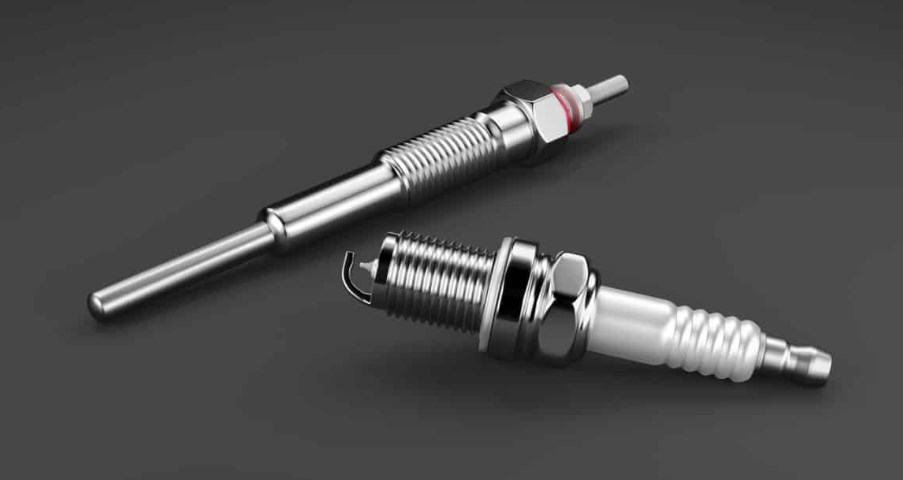
What is a diesel engine?
Diesel engines are internal combustion engines that use diesel fuel instead of gasoline. Similarly to gas engines, diesel operates via four-stroke combustion cycles that take place in its combustion chamber. Gasoline (petrol) and diesel are both types of fuel used in vehicles of all kinds.
Gasoline and diesel engines are both internal combustion engines, meaning they convert chemical energy into mechanical energy. The mechanical energy produced by the gas (petrol) or diesel engines moves the pistons inside the engine.
Although both diesel and petrol are types of fuel produced by refining crude petroleum or crude oil, there is a substantial difference between the two fuels in terms of composition and efficiency. Diesel is actually much easier to produce than petrol, as well as easier to maintain.
While gas is arguably more popular in the United States, diesel is the go-to fuel in most European countries, with over half of the market share in the continent. Studies have shown that this disparity in fuel types is mainly because American consumers see diesel as a fuel that pollutes the environment.
Although this may have been true at one point, recent technological advancements have made it possible for this fuel to be ecologically friendly. Nowadays, green options for diesel are much more widely available for drivers who want a powerful engine but don’t want to sacrifice the environment to get it.
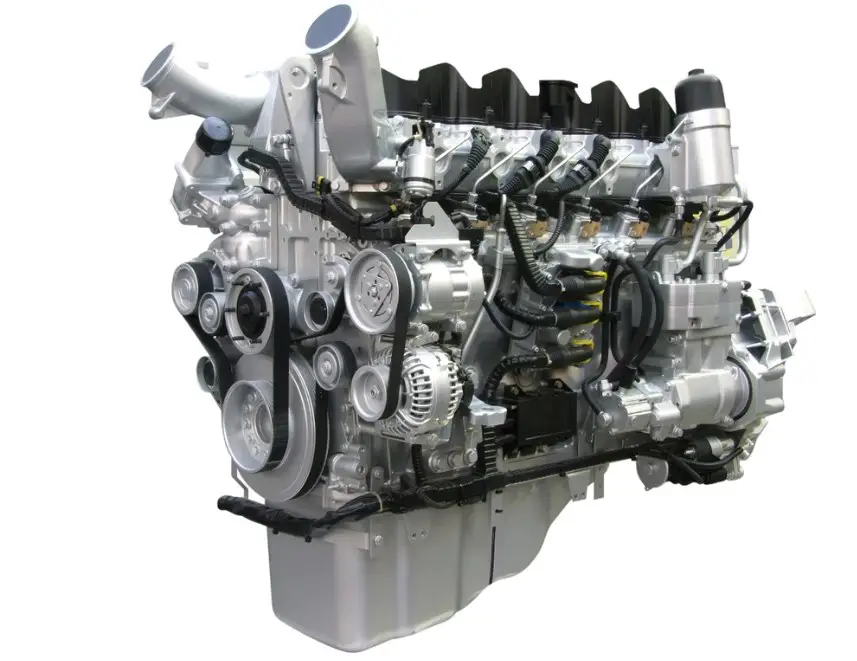
What is the difference between a diesel and a gasoline engine?
The most obvious difference is the type of fuel used by each engine. Diesel engines use diesel fuel, and gas (or petrol) engines use gasoline. Although both fuels are refined from crude oil, diesel fuel is thicker than gasoline and therefore has a higher energy density. This makes these engines 20% more thermally efficient than gasoline engines.
The second difference is that a diesel car has no ignition system in its combustion chamber. So, how does its combustion system work? Well, the air inside the engine’s combustion chamber is compressed and heated until it reaches the “ignition point”, at which point the fuel ignites.
Because they have a different ignition point, gasoline burns differently than diesel. It’s also much more volatile. Diesel produces more mechanical energy per gallon than gas, it takes less fuel to do the same amount of work.
The third and final difference is that diesel engines don’t require spark plugs! This is because of the automatic compression system that we just illustrated. Compressed air is heated inside the engine’s combustion chamber until it reaches a temperature that’s higher than the combustion temperature of the fuel, which is around 979 °F.
Instead, diesel engines use glow plugs. A glow plug is an electrical heating device that helps a diesel to ignite if its automatic ignition system isn’t working. This happens during harsh weather when the compressed air can’t be heated properly. When the glow plugs heat up, the pressured air in the chamber can easily ignite.
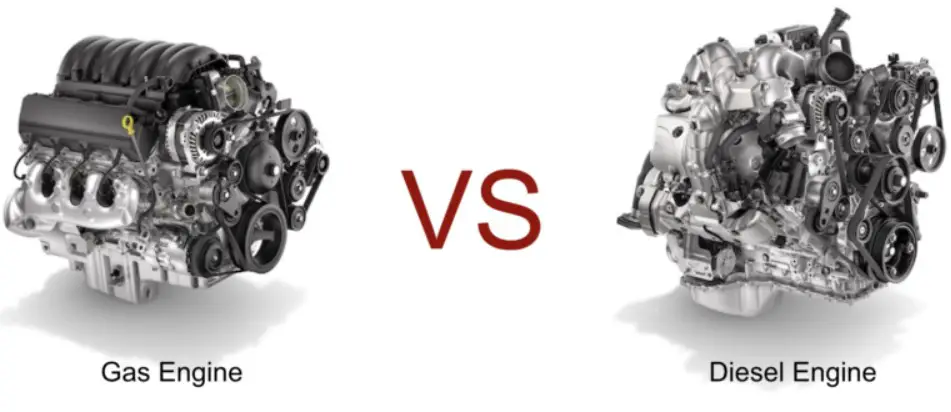
What difference between a spark plug and a glow plug
Spark plugs are used in a gasoline engine, while glow plugs are used in diesel engines.
A gas engine normally has an internal combustion process that requires many spark plugs. A spark plug, or a sparking plug, is a device placed in the cylinder of a gas engine. They create the “spark” required to ignite the mixture of air and gas, resulting in a moving piston.
As for how many spark plugs a gas engine needs, the number of spark plugs typically depends on the size of the engine. One spark plug is needed for each cylinder. So, a gas engine with four cylinders would need four spark plugs, a six-cylinder engine would need six spark plugs, and one with eight needs eight spark plugs.
Glow plugs are not the same as spark plugs. While a spark plug provides the “spark” needed to ignite an internal-combustion engine, glow plugs are used to heat a diesel power engine when it’s too cold for it to ignite. GPs contain long, thin pieces of metal at their tip with a heating element that resists oxidation and high temperature.

How many glow plugs does a diesel engine need to run?
As for the question of “how many glow plugs does a diesel engine need”, most diesel engines need around 3-6 GPs to keep the engine warm during a cold start. Typically, one glow plug is needed per cylinder. Sometimes bad glow plugs will need replacing or repairs.
Some manufacturers have experimented with the number of GPs per engine. The bigger the car, the more GPs it needs to set the piston in motion and get the vehicle moving. For example, truck engines can have 14 GPs.
A compression ratio is a ratio between the volumes of the engine cylinder and the combustion chamber of an engine. Diesels with a power stroke of 2 and a power stroke of 4 can be designed with a compression ratio of 14:1 to 22:1.
What are the benefits of a diesel engine?
A diesel engine comes in all shapes and sizes. Since it takes torque to move heavier objects, and diesel burns more efficiently than gasoline, a vehicle using a diesel engine to do work like lifting or pulling heavy loads will burn much less fuel than a gas-powered one.
Since diesel produces more torque than gas, it’s a more fuel-efficient alternative for trucks, trailers, rail cars, and vehicles that need a lot of power to lift heavy loads in general.
In reality, an Electric Vehicle can do everything a diesel-fuel car can and more. Electric vehicles have enough power to perform heavy-duty work, and they decrease carbon emissions. In contrast to this, a diesel car produces more exhaust emissions due to the high temperatures required to burn the fuel.
However, producing an Electric Vehicle requires a lot of lithium, which leads to an increase in lithium mining. Electric Vehicles are also considerably more expensive than diesel cars, which you can purchase anywhere second-hand. With the right repairs, it’s easy to get a diesel engine back up and running quickly.
Statistics have shown that diesel is quickly becoming much more widespread in the European market. The option for a clean and “eco-friendly” diesel car is no longer a far-off dream. In reality, it’s much simpler nowadays to acquire a powerful and environmentally friendly diesel vehicle.
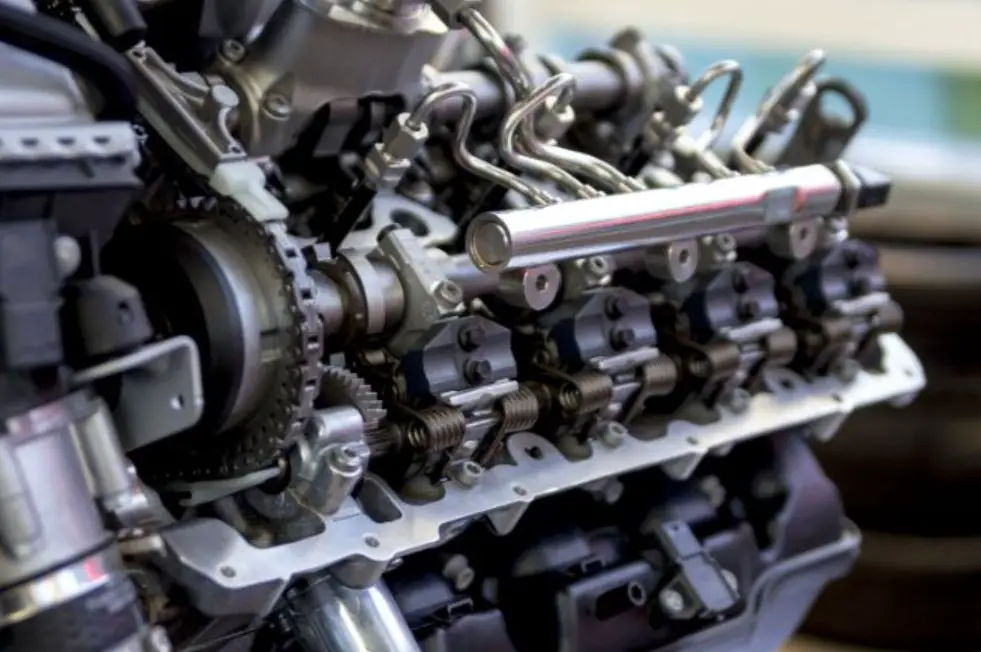
Do all diesels have spark plugs?
A spark plug isn’t necessary for a diesel fuel engine to run. The fuel-efficient diesel uses an automatic ignition and compression system where diesel fuel and the air are pumped into a heated chamber, and compression occurs and heats the air in the engine, leading to fuel burning. As for “how many sparks plugs” a diesel needs, the answer to that is zero.
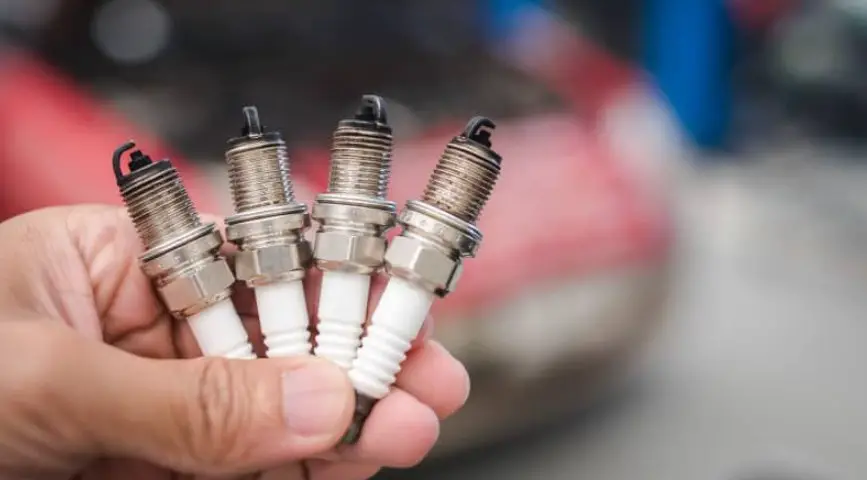
Why do diesel engines have no spark plugs?
A diesel engine doesn’t need even one spark plug to run. It has an automatic compression-ignition system where pressurized air heats and causes the fuel to combust.
Instead, a diesel engine requires glow plugs, which, in addition to the engine’s piston design, cause the fuel to become atomized and volatile in the heated chamber, which results in a more efficient explosion to set the piston in motion.
How many spark plugs does a diesel engine have?
It’s not a question of “how many spark plugs does a diesel have” but does it need them at all? And the answer is no. Diesels don’t need even one spark plug to run.
When do diesel engines have spark plugs?
Similar to the questions “does diesel engine have spark plugs” and “how many spark plugs does a diesel have”, this question is often asked. Actually, diesel engines don’t need spark plugs to run. Instead, they need glow plugs to help ignite and burn the diesel fuel if the automatic compression and ignition system aren’t working.
Conclusion
As more foreign manufacturers begin offering diesel as a combustible for their cars, more and more people are wondering what type of fuel fits their lifestyle and mileage best. Hopefully, this article has answered all your diesel-related questions!
Read also: Everything About How Much Do Truck Drivers Make?

